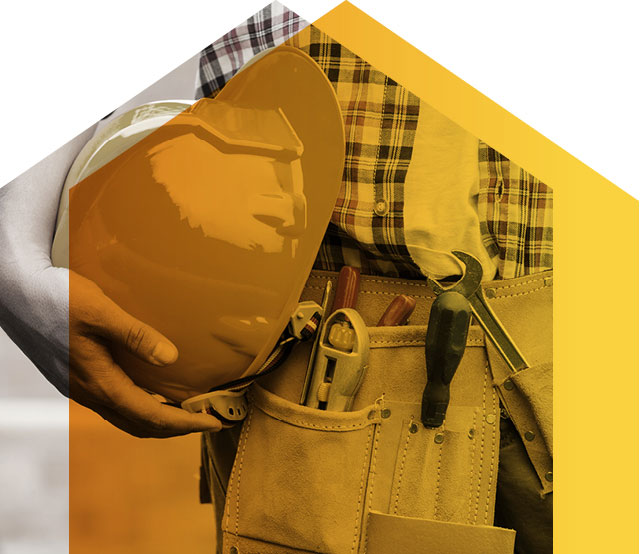

Pre-retrofit energy evaluation
This evaluation determines the energy performance of your home BEFORE the renovations. It can last between 2 and 3 hours.
Process
The energy efficiency advisor walks through your home and conducts a complete visual analysis. The advisor measures and checks:
- the location and exterior characteristics of the building (foundation, chimney, exterior wall siding, doors and windows, exterior levelling, drainage and others)
- the interior structure of the home (foundation walls, floors)
- the insulation and airtightness of the home
- the heating, ventilation and air conditioning systems
- energy consumption habits (hot water, lighting and household appliances)
The advisor will conduct a blower door test to determine the EnerGuide rating of your home.
The advisor will ask you questions about your renovation plans and will provide you with personalized advice. The advisor will also recommend the most suitable renovations to improve the energy efficiency of your home.
After visiting your home, the advisor will send you a detailed evaluation report including your Rénoclimat file number.
If you are planning to apply for the Canada Greener Homes Loan, you must do so before starting to retrofit your home.
As of November 1, 2024, a fee of $150, plus applicable taxes, is required for the pre-retrofit energy evaluation. Learn more about the applicable fees.
Q – Why should I ask for an energy evaluation when I already know what I want to have done?
Take advantage of the energy advisor’s visit to discuss your renovation plans. He or she may be able to suggest work that you may not have considered.
For example:
If you are planning to replace your windows, the advisor may recommend that you seal them more efficiently... or that you insulate your attic! The advisor can also prioritize the work that will maximize your energy savings. Check with the advisor to see if the work you are planning is on the list of work that does not qualify for Rénoclimat financial assistance.Your evaluation report can also serve as a checklist when discussing the renovations with your contractor.
If you are not at all interested in this service, learn about the LogisVert Program or Chauffez vert Program, which provide rapid financial assistance for certain types of energy efficiency work.
Q – Why can I not start work before the first evaluation?
It is important for the Rénoclimat advisor to be able to evaluate and measure your home’s true energy performance before the work.
The purpose of the blower door test is to check the air-tightness of your home by measuring the air flow through a fan. If you have already started your work, the test will not be accurate because it may not reflect the home’s normal level of air-tightness.
It is therefore important to wait until your Rénoclimat has visited your home before starting work. If you do not wait, we will not pay financial assistance for the work.
Is the work already done? Find out more about the eligibility conditions of the Chauffez vert program, or LogisVert Program, which provide rapid financial assistance for certain types of energy efficiency work.
Q – What condition must the home be in when the energy evaluation takes place?
The building envelope must be in a suitable condition for the blower door test.
- All the doors and windows must be in place when the energy evaluation takes place.
- All the materials making up the envelope air barrier must also be in place.
- Outer covering that is damaged or not intact may be acceptable if it does not affect the validity of the blower door test.
If the blower door test cannot be carried out during the energy evaluation, your home will not qualify for the Rénoclimat program. It is for this reason that we suggest you do not carry out work before the first evaluation.
Share this page

